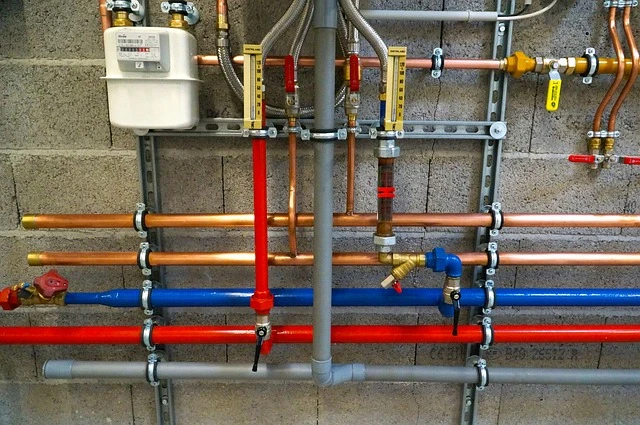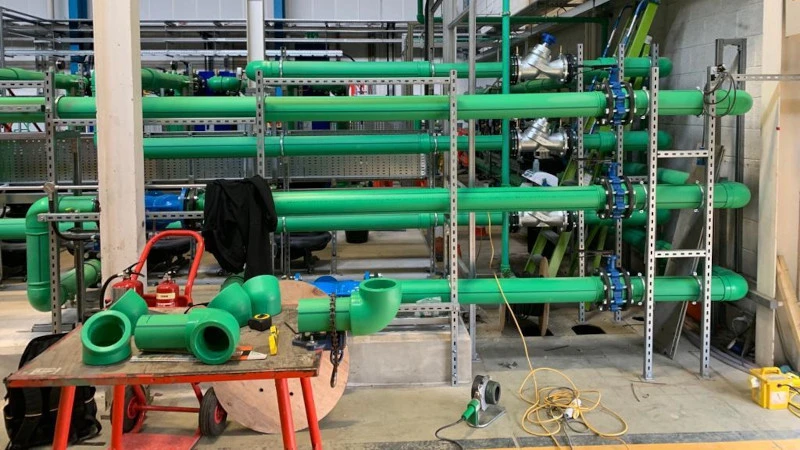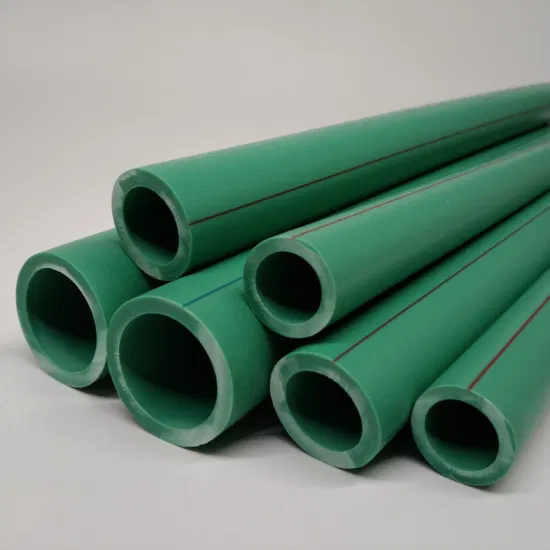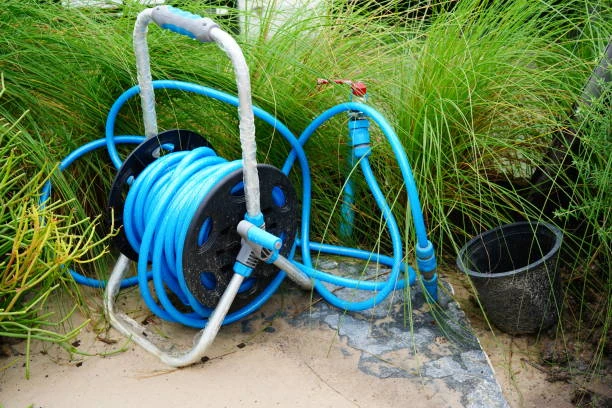In today’s infrastructure landscape, the durability and longevity of pipeline are paramount. Whether for water distribution, sewage systems, or gas transportation, the integrity of pipelines directly impacts public health, safety, and environmental sustainability. This article explores the factors influencing pipeline durability, the materials used in pipeline construction, maintenance practices, and emerging technologies that promise to enhance the lifespan of pipelines.
Understanding Pipeline Durability
Pipelines are engineered to transport various fluids, including water, oil, and gas, over long distances. Their design and materials must account for numerous factors that affect durability:
1. Environmental Conditions
Pipelines often operate in challenging environments, including extreme temperatures, corrosive soils, and seismic activity. Each of these conditions can lead to degradation over time. Understanding the specific environmental conditions in which a pipeline operates is crucial for selecting the appropriate materials and protective measures.
2. Material Selection
The choice of material is one of the most significant factors affecting pipeline longevity. Common materials include:
- Steel: Known for its strength and durability, steel pipelines can withstand high pressures and extreme conditions. However, they are susceptible to corrosion, necessitating protective coatings or cathodic protection systems.
- Polyethylene (PE): PE pipes are lightweight, resistant to corrosion, and flexible, making them ideal for a variety of applications, including water and gas distribution. They can last for decades with proper installation.
- PVC (Polyvinyl Chloride): PVC pipes are widely used for sewer and drainage systems. They are resistant to chemical degradation but may become brittle over time if exposed to UV light without proper protection.
3. Installation Quality
Even the best materials can fail if not installed correctly. Proper installation practices ensure that pipelines are laid at the correct depth, properly aligned, and securely connected. Poor installation can lead to misalignments, leaks, and eventual failure.
4. Operational Conditions
The conditions under which a pipeline operates also significantly impact its lifespan. High pressures, flow rates, and temperature variations can contribute to wear and tear. Monitoring these operational parameters is essential for predicting maintenance needs.

The Importance of Regular Maintenance
To ensure that pipelines stand the test of time, regular maintenance and inspection are vital. This can include:
1. Routine Inspections
Conducting regular inspections helps identify potential issues before they escalate into significant problems. Inspections can involve visual assessments, pressure tests, and the use of advanced technologies like drones or smart pigs equipped with sensors.
2. Corrosion Management
For metal pipelines, corrosion can be a significant concern. Implementing corrosion management strategies, such as applying protective coatings and cathodic protection, can extend the life of the pipeline. Regular monitoring of corrosion levels is also essential.
3. Repairs and Upgrades
When issues are detected, timely repairs can prevent further damage. Additionally, upgrading older pipelines with modern materials and technologies can enhance durability. For example, lining older steel pipes with polyethylene can provide additional protection against corrosion.
Emerging Technologies in Pipeline Durability
As technology advances, new solutions emerge that can significantly improve the lifespan of pipelines. Some of these innovations include:
1. Smart Sensors
The integration of smart sensors into pipelines allows for real-time monitoring of conditions such as pressure, temperature, and flow rates. These sensors can detect anomalies that indicate potential failures, enabling proactive maintenance.
2. Advanced Materials
Research is ongoing into the development of new materials that can enhance pipeline durability. For instance, the use of composite materials and coatings can improve resistance to corrosion and physical damage.
3. Automated Inspection Technologies
Technologies such as robotic inspection systems and drones are becoming more common in pipeline maintenance. These systems can perform thorough inspections in hard-to-reach areas, reducing the risk to human workers and providing detailed data for analysis.
4. Predictive Maintenance
Using data analytics and machine learning, predictive maintenance models can forecast when a pipeline is likely to experience issues. This proactive approach allows for maintenance to be scheduled before problems arise, minimizing downtime and extending pipeline life.
Case Studies: Successful Pipeline Durability Strategies
To illustrate the importance of these practices, let’s look at a few case studies where effective pipeline management has led to successful outcomes.
Case Study 1: Urban Water Distribution
In a major city, aging water distribution pipelines were frequently experiencing leaks and breaks. The city implemented a comprehensive inspection and maintenance program that included smart sensors to monitor pipeline conditions. As a result, they were able to identify vulnerable areas and prioritize repairs, ultimately reducing leaks by 40% over two years.
Case Study 2: Oil and Gas Industry
A leading oil company faced challenges with pipeline corrosion due to aggressive environmental conditions. They invested in advanced coating technologies and installed cathodic protection systems. Over the course of five years, these measures reduced corrosion-related failures by 75%, significantly improving the reliability of their pipeline network.
Case Study 3: Agricultural Irrigation
An agricultural organization recognized the importance of efficient irrigation systems. By using high-quality polyethylene pipes and implementing regular maintenance schedules, they increased the lifespan of their irrigation systems by more than 30%, leading to improved crop yields and reduced water waste.
Conclusion
The durability of pipelines is critical to ensuring safe and reliable transportation of fluids across various sectors. By understanding the factors that affect pipeline longevity, including material selection, installation quality, and environmental conditions, stakeholders can take proactive measures to enhance the lifespan of their infrastructure. Embracing regular maintenance, adopting emerging technologies, and learning from successful case studies can significantly contribute to a pipeline’s ability to stand the test of time.
As the world continues to evolve, so too must our approach to pipeline management, ensuring that these vital systems remain resilient for future generations.
FAQ
1. What factors influence pipeline durability?
Key factors include environmental conditions, material selection, installation quality, and operational conditions.
2. What materials are commonly used for pipelines?
Common materials include steel, polyethylene (PE), and polyvinyl chloride (PVC), each with its own advantages and disadvantages.
3. How often should pipelines be inspected?
Regular inspections are essential, and the frequency can depend on factors such as the pipeline’s age, material, and operating conditions.
4. What technologies can improve pipeline maintenance?
Emerging technologies include smart sensors, automated inspection systems, and predictive maintenance analytics.
5. Why is regular maintenance important for pipelines?
Regular maintenance helps identify and address issues early, preventing costly repairs and extending the lifespan of the pipeline.


















